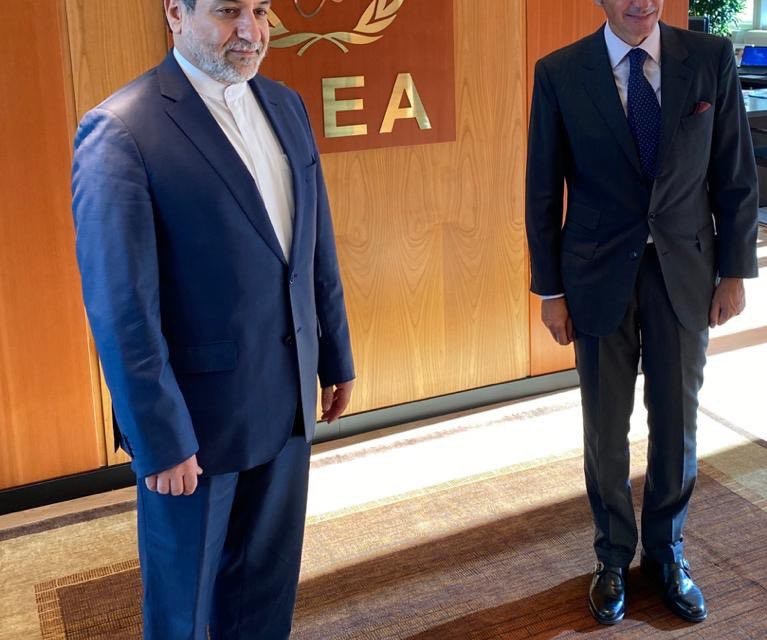All parties in the 2015 Iran nuclear deal — the UK, France, Germany, China, and Russia — have joined Tehran in reaffirming that the Trump Administration cannot demand UN “snapback” sanctions on the Islamic Republic.
After a meeting in Vienna on Tuesday, delegates of the six countries issued a joint statement that the US “could not be considered as a participant State” in the deal because of the Administration’s withdrawal in May 2018. They renewed their opposition, in letters sent to the President of the UN Security Council two weeks ago, to any restoration of the UN sanctions from 2010.
US Secretary of State Mike Pompeo demanded the snapback provision, claiming that Iran was in violation of the nuclear agreement. But 13 of the 15 Security Council members quickly objected, with only the Dominican Republic remaining silent.
Pompeo fumed that the UK, France, and Germany “chose to side with ayatollahs” and maintained, without legal basis, that “these sanctions will snap back at midnight GMT on September 20″.
See also US in Self-Isolation After Failure to Reimpose UN Sanctions on Iran
But the Vienna delegations showed solidarity over “the importance of preserving the agreement”. They praised last week’s accord between Iran and the International Atomic Energy Agency, breaking a months-long stalemate to grant IAEA access to two military sites suspected of involvement in Iran’s nuclear program more than 15 years ago.
See Iran Agrees to IAEA Inspections of 2 Nuclear Sites
They supported the modernization of the Arak heavy water nuclear reactor, to ensure that plutonium by-product cannot be used in a military nuclear effort, and the production of medical isotopes at the Fordow uranium enrichment complex.
Iranian Deputy Foreign Minister Abbas Araqchi welcomed the consensus:
#Iran’s deputy FM Araghchi: The most important issue discussed in the Joint Commission of the #JCPOA was the US moves in the UNSC and its demand for the return of past resolutions and triggering snapback…All JCPOA members are determined not to allow the US to impose its will. pic.twitter.com/MIqoBep37U
— Abas Aslani (@AbasAslani) September 1, 2020
Helga Schmid, the Secretary General of the European Union’s foreign policy branch, echoed:
Just finished chairing #JCPOA Joint Commission. Important to see that participants are united in resolve to preserve the #IranDeal and find a way to ensure full implementation of the agreement despite current challenges. pic.twitter.com/uO5bDdTlCA
— Helga Maria Schmid (@HelgaSchmid_EU) September 1, 2020

